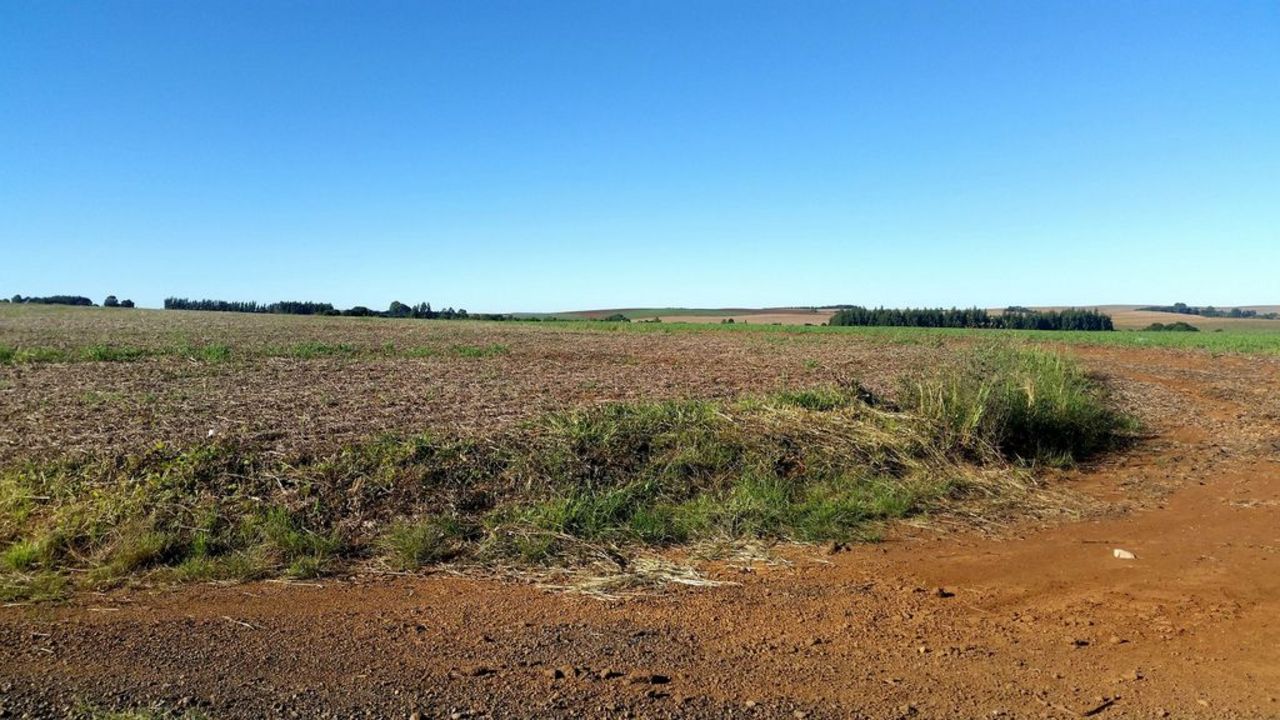Project
Greenhouse gas mitigation strategies in arable farming -An international comparison

International comparative analysis of Greenhouse Gas Mitigation Potential in Arable Farming
On a global scale, agriculture is estimated to contribute 18 % of human-made greenhouse gas (GHG) emissions. Arable cropping systems account for over one-third of the sector’s GHG emissions, with the largest share originating from the application of nitrogen-based fertilizers. Given this large share, the sector should play an active role in the global challenge of climate protection, which will require an enormous effort to limit global warming to 2°C. In this context, effective climate protection research is essential to identify the most efficient ways to mitigate GHG emissions. Therefore, the aim of the project is to calculate GHG reduction strategies in arable farming in key producing regions around the world and analyze how these compare in terms of costs, potentials, and practicability.
Background and Objective
Research on GHG mitigation in arable farming has focused on either the reduction potentials of specific practices or on modeling the possible impacts of reduction strategies on a sectoral level. Increasing the efficiency of nitrogen applications is a common target for these studies due to the power of nitrous oxide as a GHG compared to carbon dioxide. However, these studies rarely consider the economic and organizational requirements at the farm-level, aspects which are crucial to determining the feasibility of the strategy. Furthermore, there is little clarity regarding the determinants of the transactions costs entailed in implementing, enforcing and controlling these strategies. In need of an efficient and effective policy to reduce GHG emissions from crop production, this project aims to reveal the underlying determinants of the mitigation costs and its associated requirements.
Approach
- This project comprises, firstly, the study of the impact of various levels of nitrogen use-intensity on GHG mitigation costs and, secondly, the assessment of the determinants of its transaction costs. In order to study the effect of nitrogen use-intensity, farm data from the main agricultural regions will be collected and then used to estimate GHG mitigation strategies, focusing especially on corn. China, USA, Brazil have been chosen for this purpose since they present productive system with different levels of nitrogen use intensity, the main source of GHG from arable farming. To study the drivers of transaction costs, strategies with different economic impacts for producers will be estimated for wheat production in Germany. The transaction costs derived for each strategy will be quantified and described.
Statistical information and scientific literature will be used to describe the current production system and possible mitigation strategies for each location. Farm-level data will be collected following the „Typical Farm” approach from agri benchmark Cash Crop. This data will be used to calculate the GHG emissions of the current system and to analyze alternatives to reduce emissions.
Our Research Questions
On the base of case studies, the project aims to answer the following research questions:
- What are the costs of GHG mitigation strategies designed for corn production in China, Brazil and USA? How do these vary under different levels of nitrogen-use intensity?
- How high are the transaction costs associated with the different mitigation strategies in German wheat production?
Thünen-Contact

Duration
9.2017 - 12.2022
More Information
Project status:
finished



![[Translate to English:] Logo des Bundesministerium für Ernährung und Landwirtschaft](/media/allgemein/logos/BMEL_Logo.svg)